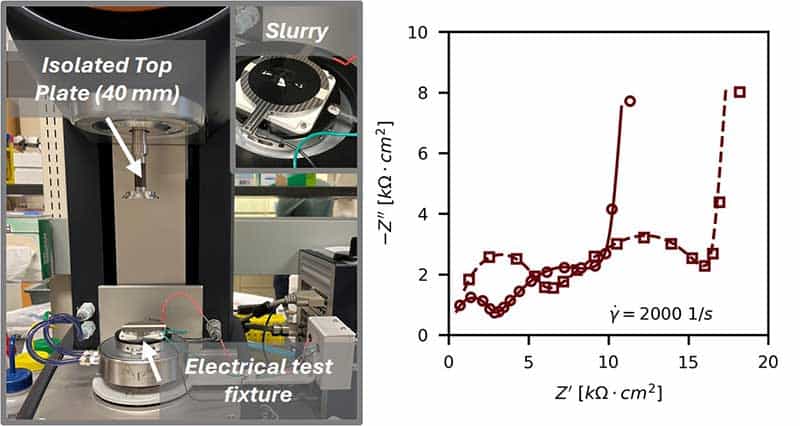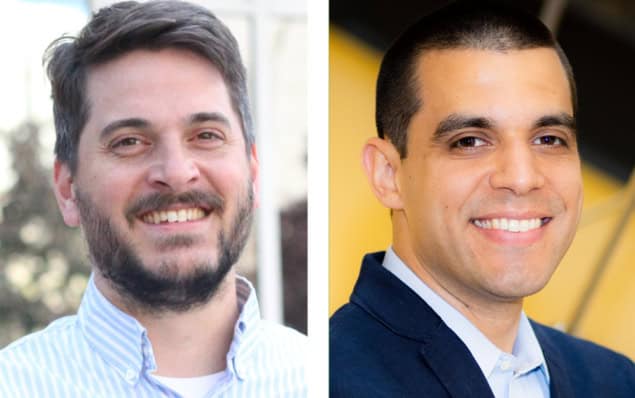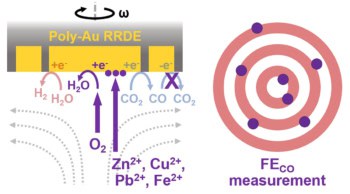Available to watch now, The Electrochemical Society in partnership with TA Instruments – Waters, identifies metrics linking formulation and processing of slurries to their performance as LIB electrodes
Want to learn more on this subject?

The market for lithium-ion batteries (LIBs) is expected to grow ~30x to almost 9 TWh produced annually in 2040 driven by demand from electric vehicles and grid scale storage. Production of these batteries requires high-yield coating processes using slurries of active material, conductive carbon, and polymer binder applied to metal foil current collectors. To better understand the connections between slurry formulation, coating conditions, and composite electrode performance we apply new Rheo-electric characterization tools to battery slurries. Rheo-electric measurements reveal the differences in carbon black structure in the slurry that go undetected by rheological measurements alone. Rheo-electric results are connected to characterization of coated electrodes in LIBs in order to develop methods to predict the performance of a battery system based on the formulation and coating conditions of the composite electrode slurries.
Want to learn more on this subject?

Jeffrey Richards is an assistant professor of chemical and biological engineering at Northwestern University. His research is focused on understanding the rheological and electrical properties of soft materials found in emergent energy technologies.
Jeffrey Lopez is an assistant professor of chemical and biological engineering at Northwestern University. His research is focused on using fundamental chemical engineering principles to study energy storage devices and design solutions to enable accelerated adoption of sustainable energy technologies.





